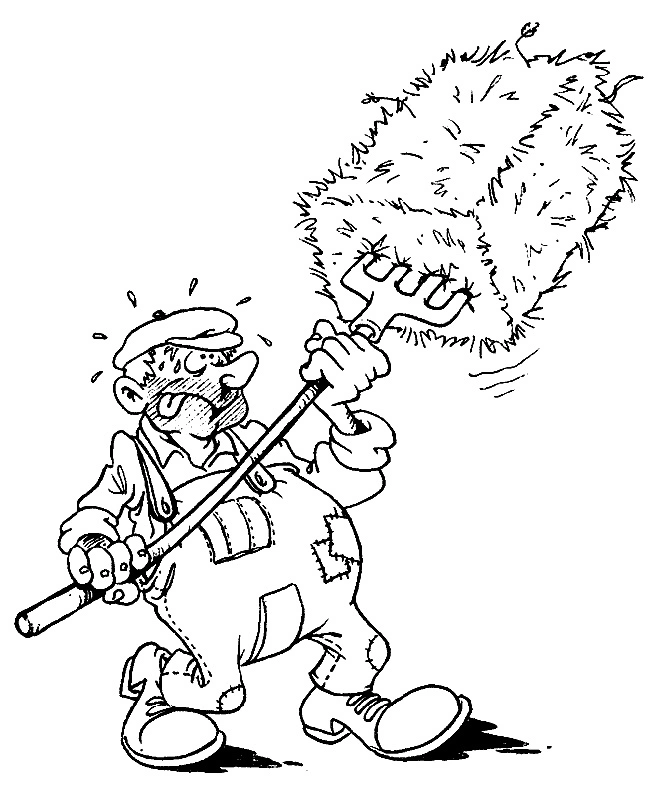Saturn (Saturnus) Roman Originally a god of agriculture, of the sowing of seeds and corn; also the god of the passage of time.
Publié le 26/01/2014

Extrait du document

Saturn (Saturnus) Roman Originally a god of agriculture, of the sowing of seeds and corn; also the god of the passage of time. Saturn may have been an early Etruscan family god who grew in importance in the culture of Etruria before developing a larger following. To the Romans, Saturn represented a primitive golden age, a time of great happiness that myths say existed before people needed to farm to survive. Saturn was king of that longed-for mythical time. Lua was his wife in that wonderful land. Eventually, the characteristics of Saturn merged with those of the Greek god Cronus, and Saturn was honored as the father of Jupiter, Neptune, Juno, and Pluto. The role of Saturn's wife shifted to Rhea. Saturn, whose symbol was the scythe, also served as the keeper or guardian of the treasury in Rome, and because of that responsibility people saw him as the god of money. The Saturnalia, the week-long feast in honor of Saturn, began on December 17, the time of winter sowing. People celebrated with riotous feasting and exchange of gifts. This festival eventually influenced the Christian celebration of Christmas. In astronomy, Saturn is the sixth planet from the Sun and the second-largest planet, after Jupiter, in this solar system. This gas giant is surrounded by as many as 21 moons. The largest, Titan, is named for the first race of Greek gods. Other Saturn moons named after Greek and Roman gods include Tethys, Dione, Rhea, Hyperion, and Phoebe.
Liens utiles
- Jupiter (Iupiter; Jove) (Jove) Roman The supreme god of the Roman pantheon; son of Saturn and Ops; husband of Juno.
- Mars Roman The god of war who, in his earliest forms, was a god of agriculture and prosperity.
- Egeria (Aegeria) Roman A goddess of springs, perhaps originally a goddess of the Babine people; also considered a deity that protected pregnant women and helped them bring their babies safely into the world.
- Liber (Free) Roman An ancient god of fertility and procreation, particularly of seeds and plants.
- Mercury (Mercurius) Roman The god of trade and commerce and the supporter of success.





